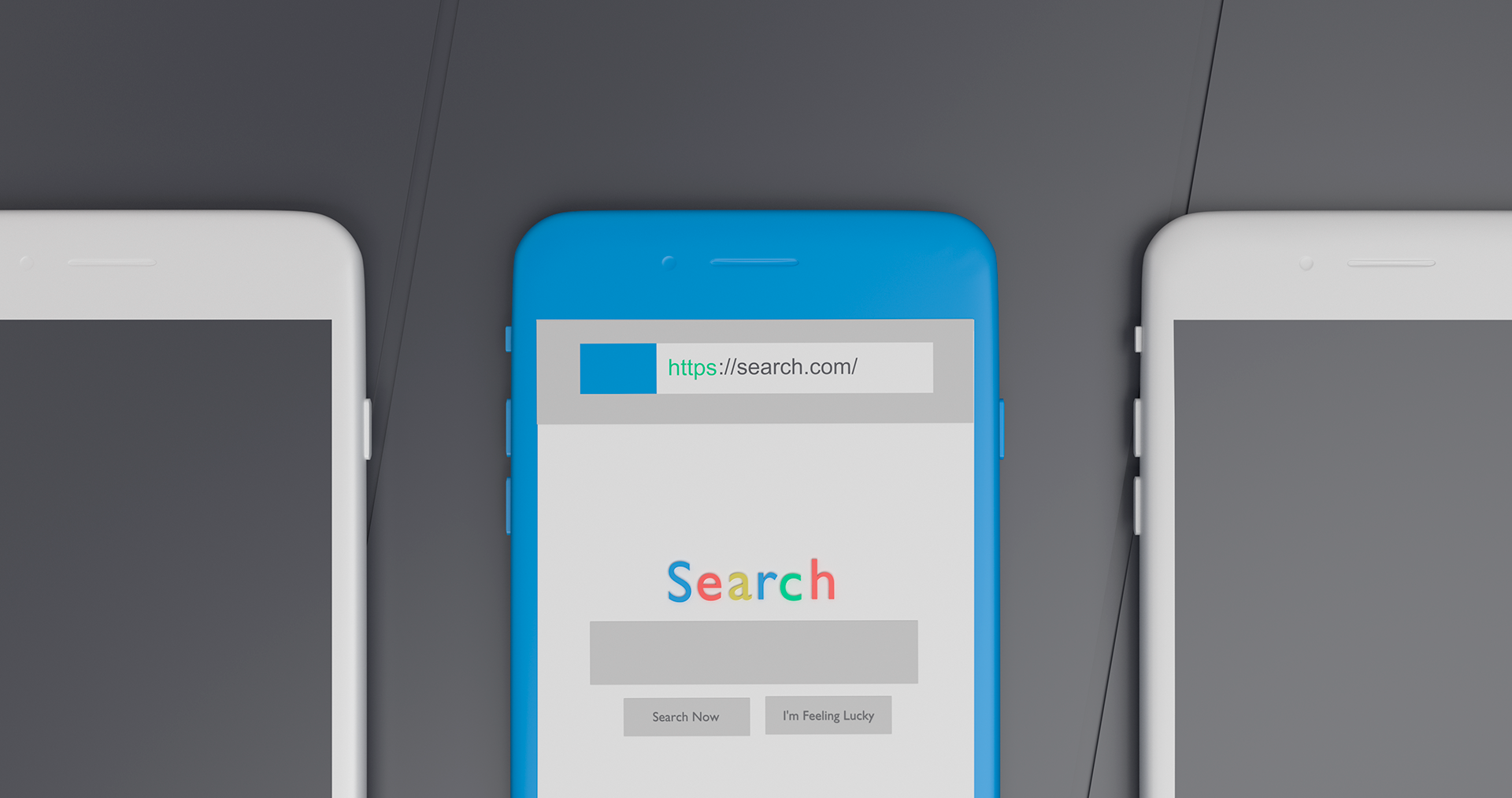
When you perform a search on Google, the search engine does not simply produce the same results it would show for everyone. Your results are unique to you thanks to the efforts Google has made to personalize each individual’s online experience. The company has been personalizing search results for more than a dozen years, but it has become much more widespread and idiosyncratic recently. For example, just this year, Google began to automatically personalize everyone’s search results, regardless of whether they are logged in or not.
These days, every single search result that Google serves has been personalized to some extent. And there are a lot of good reasons for it:
- Personalization tailors results to the needs of the individual user, producing more relevant results
- Thanks to personalization, users can allow the search engine to do much of the “heavy lifting” of finding what they are looking for, using data to determine more specifically what someone might be hoping to find
- People searching for businesses in their local areas don’t have to wade through listings of companies that exist far away
- Over time, Google’s search engine learns and understand the context in which searches occur, fine tuning results and making the average user happier with their experience
Factors for Personalization

So, how does Google determine how to personalize search results? A number of different factors come into play when the search engine chooses what appears on individual’s SERPS. Some of them include:
Country — Users in different countries get served different search results for the same terms. If you’re in the United States and you search for “National Parks,” for example, you’ll be served results that list places like The Grand Canyon, Yellowstone, Glacier National Park, etc. Let’s say you’re located in Sweden, though; you’ll see results for places like Abisko National Park, Kosterhavet National Park, Sarek National Park, etc.
Location — Google gets much more specific than the country a user is located in when it comes to personalized search results. It breaks things down to the city or town where the user is searching from. So if you search for “best burger near me,” you will get results that are actually nearby and not in far-flung locations.
History — Previous searches and web-viewing history are critical factors for personalized search results. Google strives to provide the most relevant results, and by taking these factors into account, it can provide users with much more meaningful results.
Devices — Google also tracks the types of devices used by searchers. Perform the same search on your desktop as you do on your phone; you will most likely get different results! That’s because the company uses a different algorithm (with greater focus on user location) when determining mobile rankings.
The Problem With Personalization for SEO Firms

For most of Google’s user base, personalization has been a positive development. But now that personalization has become widespread and automatic through the search engine, it presents a number of problems for those of us who want to track keywords and tweak SEO.
When results are personalized, tracking where your site ranks for specific search terms becomes a muddled process; you can never be sure exactly how well you’re doing. Business owners who are not aware of personalization can become convinced that they are SEO rock stars because their businesses always show up at the top of results pages! Personalization means that you can never be sure of how well you’re doing with your keywords.
Thankfully, tools are available to help you and other business owners neutralize the effects of personalization so you can see a clearer picture of the SEO landscape.
Localize Search Results and Remove Personalization with ISearchFrom.com

There are several ways you can get around personalization, but the easiest one is to use the website. It’s a simple, no-nonsense web tool that allows you to simulate Google searches from different locations and-or devices. You can also dial in custom settings to get a more crystal-clear glimpse at what is actually happening with your SEO efforts.
To use ISearchFrom.com, simply type in the country where you want to perform your search from, the relevant language for the results and the device you want to emulate (you can choose your current device, or select Android tablet, Android phone, iPad, iPhone or Windows Phone). Then enter the search term you want to track. Be sure to enter the specific city name where you would like to perform your search under “More options.” And then voila! You’ll be served search results that are not influenced by personalization. Problem solved!
There’s Always a Way
Personalization might seem like a monkey wrench thrown into the gears of an otherwise well-oiled SEO machine, but you have to understand that there is always a way to make sure you’re optimizing your site properly. Google’s personalized search results might make it difficult to assess keywords properly, but the process has done much more good than harm for people trying to find what they’re looking for online. And thanks to tools like ISearchFrom.com, you can do what you need to do ensure that your SEO game stays strong.

















